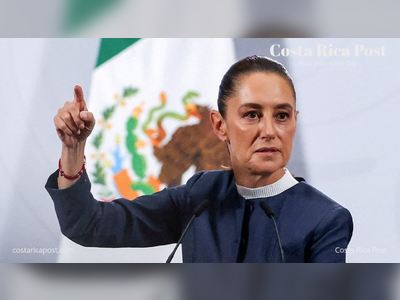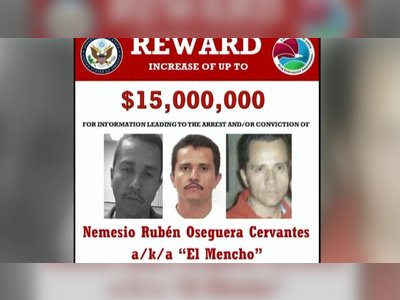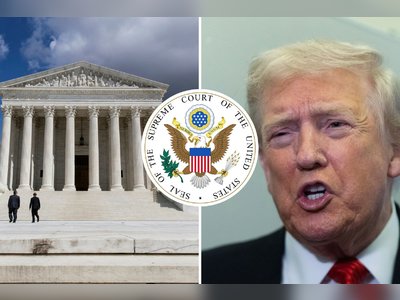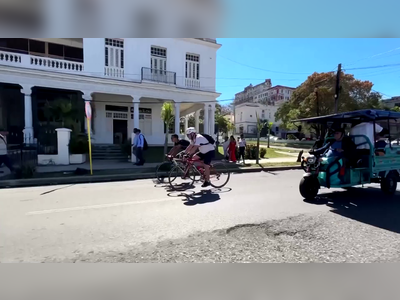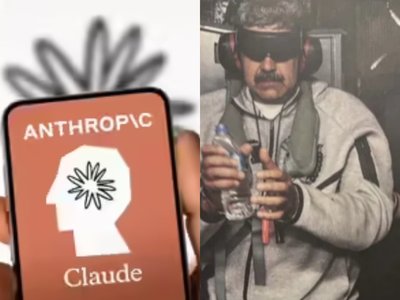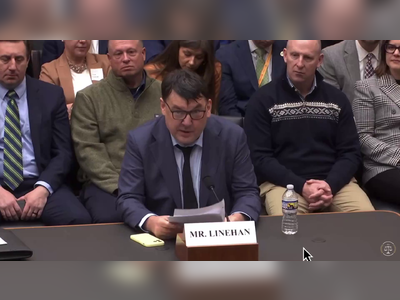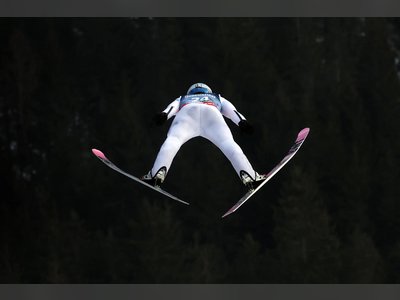Robert Garbanzo Responds to Allegations from Herediano Defender Keyner Brown
Former Herediano sporting director addresses accusations made by Keyner Brown about playing restrictions during his tenure
In a recent radio broadcast, Keyner Brown, a defender for the Costa Rican football team Herediano, leveled serious accusations against former sporting director Robert Garbanzo, claiming that Garbanzo was responsible for preventing him and several teammates from being selected to play in matches.
Brown's allegations were aired on Teletica Deportes Radio, where he expressed that his exclusion, along with Yeltsin Tejeda, Yendrick Ruiz, and Keysher Fuller, was deliberate.
Brown stated, 'There are things people don't know, but Robert Garbanzo didn't allow us to be picked, and he should hear this.
Neither me nor Yeltsin, Yendrick, or Fuller were performing poorly.
We trained diligently in Santa Bárbara, where Yeltsin would arrive by 6:30 a.m., and I would get there by 7 a.m. We were among the first to arrive and the last to leave.'
He continued, emphasizing his dedication as part of his identity: 'That's my DNA, that's who I am, and people say Brown doesn't play, that he's not good, but they are unaware of what was happening.
Coach Paté [Wálter Centeno] couldn't pick me on Garbanzo's orders.'
In response, Robert Garbanzo dismissed the claims, querying the supposed influence he held over coaches, stating, 'What power do I have to manage the coaches?
This is laughable.
When players don't get playtime, they often experience frustration.
That's normal.'
Garbanzo, who served as Herediano's sporting director from January 2022, elaborated on his role, indicating that his position necessitated assessment of the player roster against budgetary constraints.
He added, 'Keyner is right in saying he's a great professional.
He arrived early, was a good leader for the team.'
He further explained his actions, saying they were motivated by a wish to strengthen the squad: 'When I arrived, I saw players averaging only 8 to 10 matches per tournament.
Naturally, I was concerned and sought to bring in talent like Everardo Rubio, Fernán Faerron, Getsel Montes, and Juan Miguel Basulto, to ensure depth and competition within the squad.'
Garbanzo was adamant that he maintained positive relations with all players and denied interfering with team selection: 'I had open communication with the captains and talked to everyone, including Basulto, Keyner, and Yendrick, maintaining a good relationship without ever imposing on any coach.'
He concluded by asserting that the coaches he worked with—Paté, Jeaustin Campos, and Héctor Altamirano—were of strong character and would not succumb to such pressure if it had occurred.
This back-and-forth saga adds another chapter in the discourse of internal team dynamics and management within sports organizations.
Brown's allegations were aired on Teletica Deportes Radio, where he expressed that his exclusion, along with Yeltsin Tejeda, Yendrick Ruiz, and Keysher Fuller, was deliberate.
Brown stated, 'There are things people don't know, but Robert Garbanzo didn't allow us to be picked, and he should hear this.
Neither me nor Yeltsin, Yendrick, or Fuller were performing poorly.
We trained diligently in Santa Bárbara, where Yeltsin would arrive by 6:30 a.m., and I would get there by 7 a.m. We were among the first to arrive and the last to leave.'
He continued, emphasizing his dedication as part of his identity: 'That's my DNA, that's who I am, and people say Brown doesn't play, that he's not good, but they are unaware of what was happening.
Coach Paté [Wálter Centeno] couldn't pick me on Garbanzo's orders.'
In response, Robert Garbanzo dismissed the claims, querying the supposed influence he held over coaches, stating, 'What power do I have to manage the coaches?
This is laughable.
When players don't get playtime, they often experience frustration.
That's normal.'
Garbanzo, who served as Herediano's sporting director from January 2022, elaborated on his role, indicating that his position necessitated assessment of the player roster against budgetary constraints.
He added, 'Keyner is right in saying he's a great professional.
He arrived early, was a good leader for the team.'
He further explained his actions, saying they were motivated by a wish to strengthen the squad: 'When I arrived, I saw players averaging only 8 to 10 matches per tournament.
Naturally, I was concerned and sought to bring in talent like Everardo Rubio, Fernán Faerron, Getsel Montes, and Juan Miguel Basulto, to ensure depth and competition within the squad.'
Garbanzo was adamant that he maintained positive relations with all players and denied interfering with team selection: 'I had open communication with the captains and talked to everyone, including Basulto, Keyner, and Yendrick, maintaining a good relationship without ever imposing on any coach.'
He concluded by asserting that the coaches he worked with—Paté, Jeaustin Campos, and Héctor Altamirano—were of strong character and would not succumb to such pressure if it had occurred.
This back-and-forth saga adds another chapter in the discourse of internal team dynamics and management within sports organizations.
